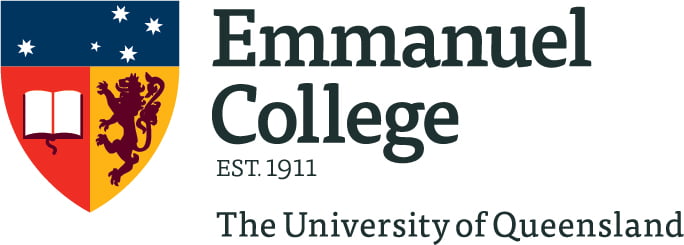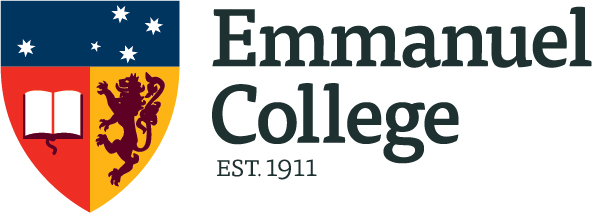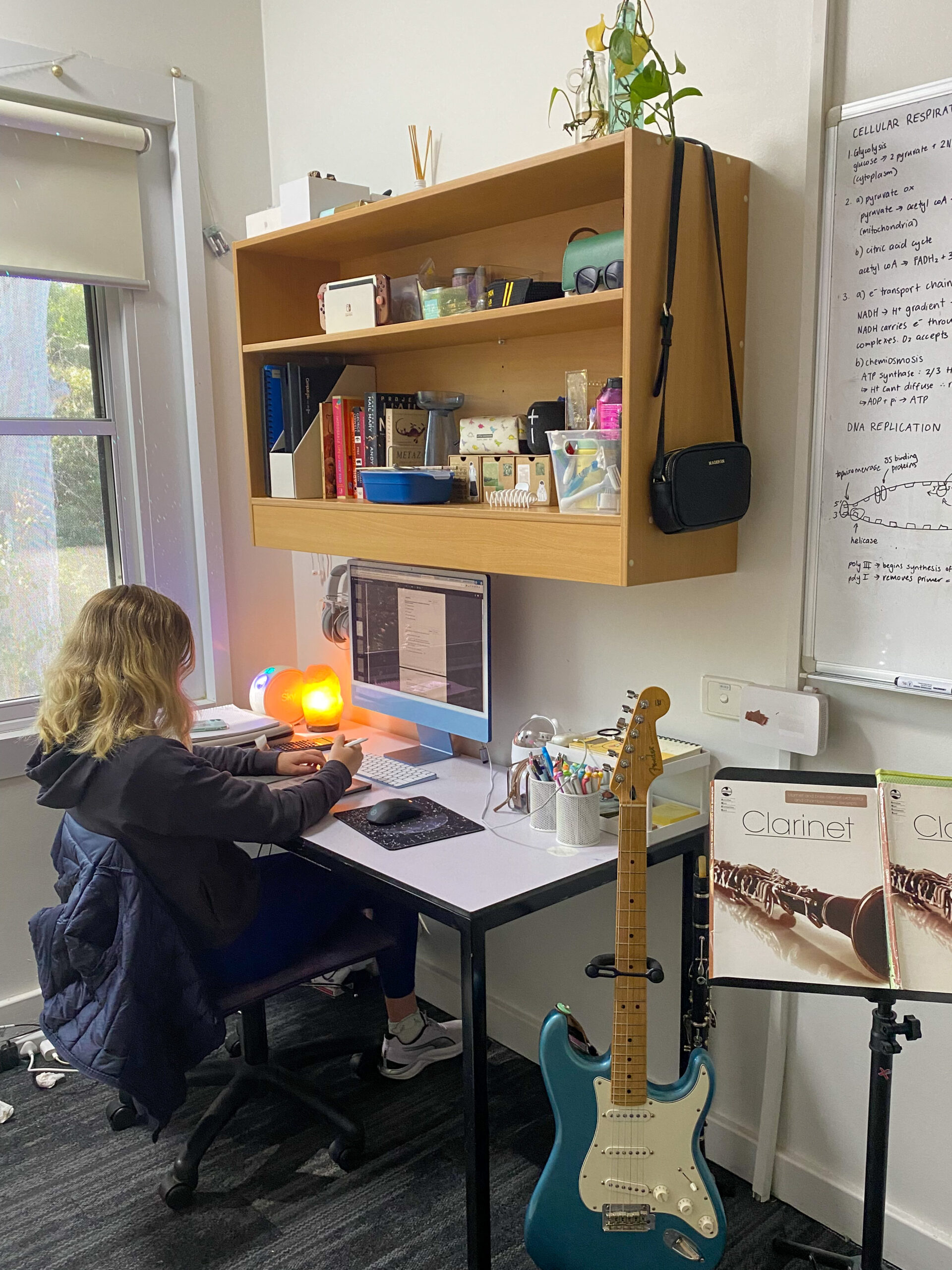Written by Dean of Studies, Michael D’Arcy
At this stage of the semester, stress, fatigue, burnout, etc., are not uncommon themes. For some, the adjustment from weeks of assignment work to suddenly finding themselves with weeks of content to cover/brush up on before an exam is both difficult and daunting. Some may have allowed extracurricular or leadership activities/responsibilities to quietly claim a little too much of their time during the semester, while others may simply be exhausted or in recovery from yet another College flu. The fact of the matter is that even the most prepared student can become more tense and stressed than usual during the final weeks of a semester, and that irrespective of where you sit on the spectrum of being on top of your coursework, there are steps to take to improve your present situation.
The first one is obvious – sleep needs to be a priority. A multitude of studies have associated good quality sleep with improved memory and cognitive function – without good sleep, you are far less likely to be able to remember what you have studied that day (particularly at the applied level of problem-solving questions). Additionally, when one is tired or rundown, they are far more susceptible to illness, reduction of productivity, or just general grumpiness – their immune balance is weakened. When multiple deadlines are imminent, sleep can be difficult to prioritise – crucial is making good use of your available time throughout the day (starting with breakfast).
If you can feel yourself getting sick (particularly with a cold/flu type of illness), or if you are seeking a pre-emptive immunity boost, consider making yourself a lemon and ginger tea. You will be able to find both ingredients at the local IGA. Lemons are rich in Vitamin C, while ginger has long been used to alleviate cold symptoms. Those wanting an extra strong vitamin hit might consider adding a clove of garlic to the equation, but that one comes with an intensity warning, and is not for the faint of heart (or stomach).
Although the immediate focus is on the exam period, it is important to consider how you use the mid-year break. Many of us might think that we can work above our usual capacity for periods of time, but this is rarely sustainable for long – allowing some time to recharge during the break is highly recommended. The mid-year break is also a good time to think about things such as courses for Semester 2, changes to university/major/program/etc., particularly once you have your grades for Semester 1. Even if you are at home for most of the break, please remember that you can attend appointments over the phone or online.
Best wishes for a productive exam period, and then for a restful mid-year break.
Michael D’Arcy




